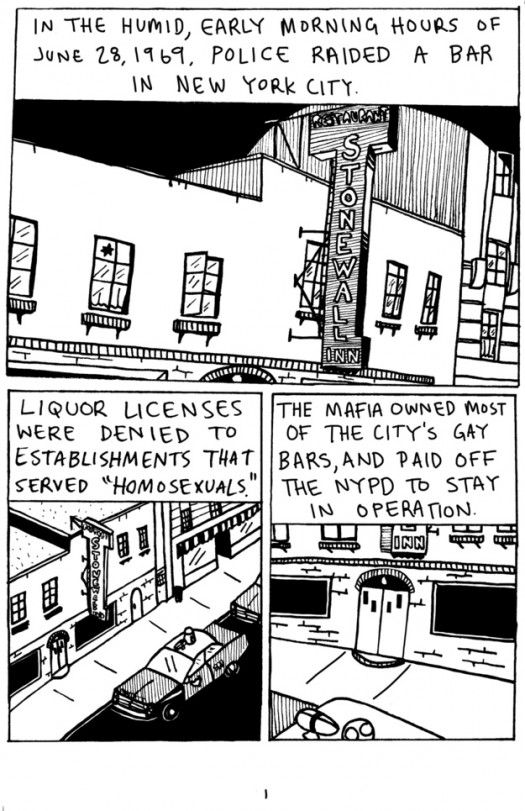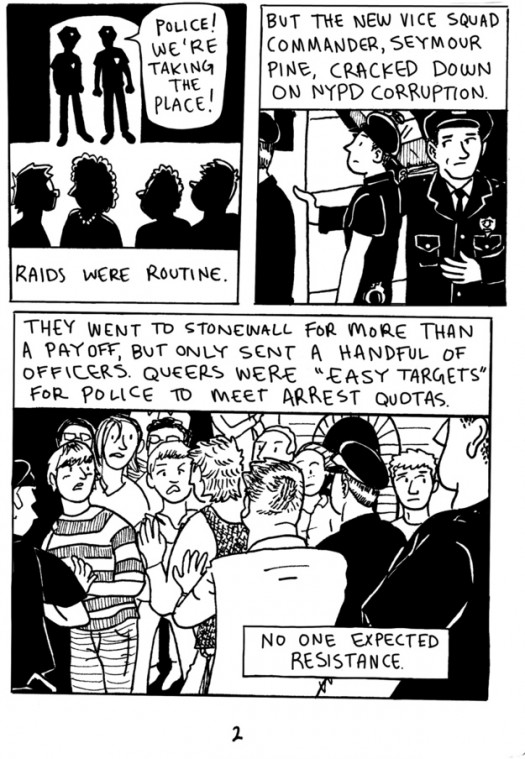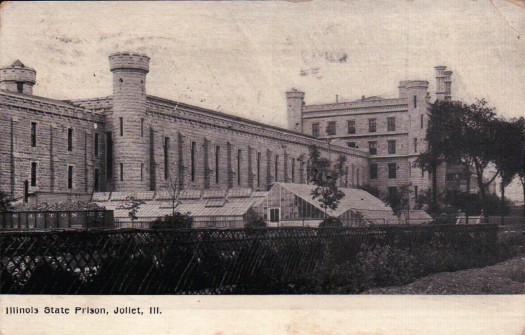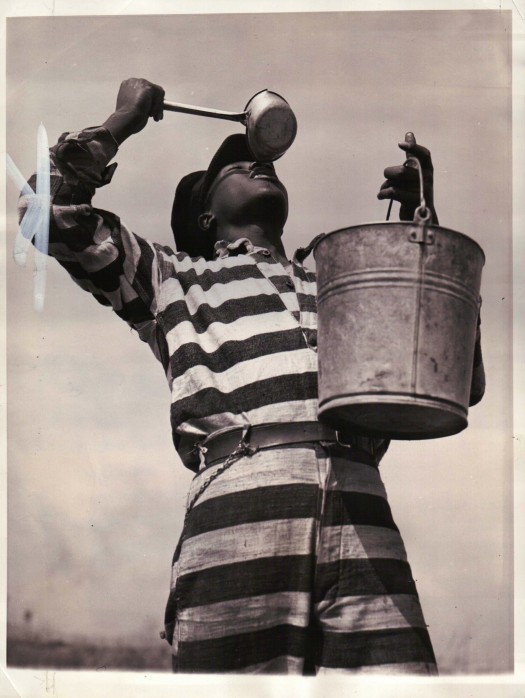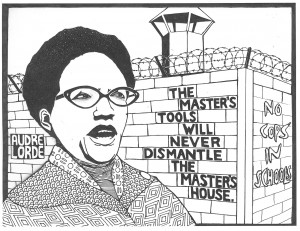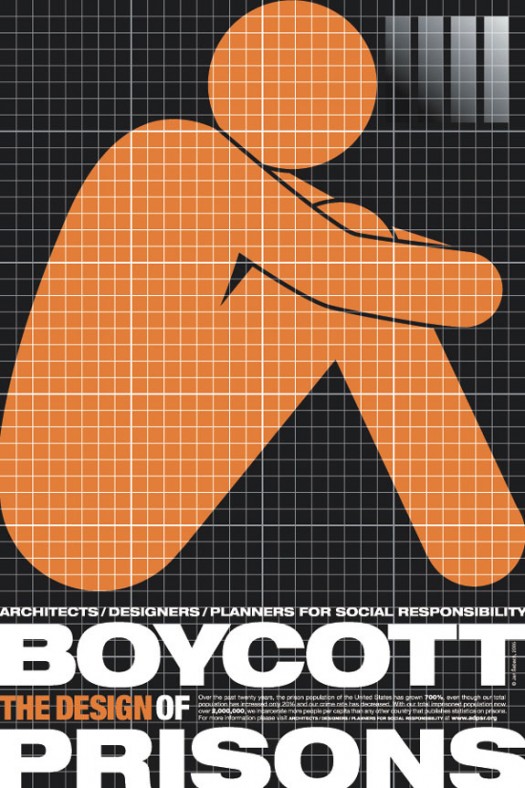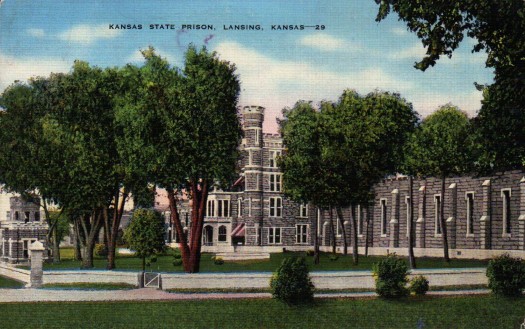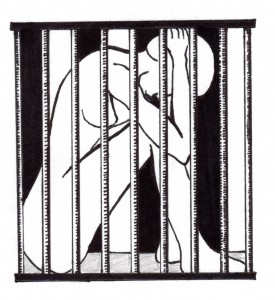No ‘Selves’ to Defend: Trayvon Martin, Self-Defense, and Empathy…
As the Zimmerman trial churns, the idea of self-defense figures prominently in the legal proceeding. Did George Zimmerman shoot Trayvon Martin because he was ‘standing his ground’ when attacked by him? Was Trayvon the one who was protecting himself against a strange man following him with a gun?
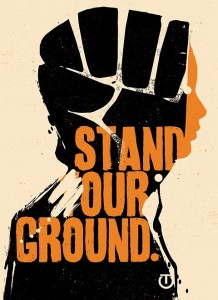 Last week, Zimmerman’s defense team contended that “Trayvon Martin did, in fact, cause his own death.” In a society where black skin is an inherent marker of suspicion and criminality, Trayvon’s (disposable) body becomes a lethal weapon. This gives anyone a license to kill him. His dangerous ‘weaponized’ black skin means that he can only be an aggressor and never a victim.
Last week, Zimmerman’s defense team contended that “Trayvon Martin did, in fact, cause his own death.” In a society where black skin is an inherent marker of suspicion and criminality, Trayvon’s (disposable) body becomes a lethal weapon. This gives anyone a license to kill him. His dangerous ‘weaponized’ black skin means that he can only be an aggressor and never a victim.
As something less than human, Trayvon is disembodied and therefore has no ‘self’ to defend. Aware of this, prosecutors have resorted to painting a portrait of a young man who didn’t try to fight back against being stalked by a stranger. This ‘turn-the-other cheek’ Trayvon Martin is as unrealistic to me as the defense’s version of a menacing Ninja criminalblackman. Despite history’s precedent, I sure as heck hope that Trayvon believed that he had a ‘self’ worth defending and that he did indeed fight back.
Over the past few months, I’ve referenced several incidents (such as lynchings and other forms of violence against black people) documented by Rev. Elijah Clarence Branch in his book titled “Judge Lynch’s Court in America (1913?).” Citing a Houston Chronicle article published on February 12, 1913, Rev. Branch shares a woman named Mary Wilson’s misfortune:
“San Antonio, Texas, February 12 – A charge of murder has been preferred against Mary Wilson, a Negro woman, arrested in connection with the killing of Olaf Olson, a trooper of Fort Sam Houston, last Monday.
“According to Sheriff Tobin the woman signed a written confession and a copy of this has been presented to the grand jury. She waived preliminary examination before Justice Campbell and was bound over without bail.
“The woman stated that the soldier was at her house Sunday night and threatened her. When she started to go to a friend’s home, she said, he followed her and caught hold of her. Believing he intended to do her bodily injury, she says, she drew a revolver and shot him.”
Rev. Branch offered his thoughts about this incident:
“A white man was killed and a Negro woman arrested. What was it? It was only a case of social equality. What right did he have in her room? The white people are burning Negro men about white women, unidentified. Why not let the Negro women protect themselves? Do any honest set of men regardless of color say he had any right in this woman’s room? The white people will harp on the separation of the races until a white man is killed about a Negro woman. She had a legal right to protect herself and home.
I’ve written before about how women of color are often precluded from invoking self-defense. Mary Wilson’s story is unfortunately all too common. She was criminalized for protecting herself and so are countless people of color still today.
This history impacts how black people consider the concept of self-defense. Over the weekend, I read an excellent essay by Vargas & James (2012) recommended to me by Dr. Christina Sharpe. The authors make the provocative point that black people have an ambivalent relationship to self-defense:
“Blacks do not easily, publicly embrace the concept of self-defense. Perhaps this embrace makes them feel more vulnerable to violence and censorship. Perhaps it challenges the constitution of the all-loving cyborg who demonstrates “superiority” by their capacity to love haters? (p.200).”
It seems important for us, as black people, in this historical moment to publicly re-assert that we have ‘selves’ worth defending; that Trayvon had a self worth defending. I woke up this morning to the news that Yasin Bey (formerly Mos Def) underwent the force-feeding torture to which Guantanamo prisoners are subjected. My first and continuing thought is that he’s the wrong body to undertake this stunt if his goal is to illicit outrage or any emotion really. His black skin is a repellent to empathy. Who will empathize with him as he cries? The logical extension of black people having no ‘selves’ to defend is that we also have little empathy that we can generate in others (even if they look like us). I think that we’ll see this play out in a few days when the verdict in the Martin trial is announced…
